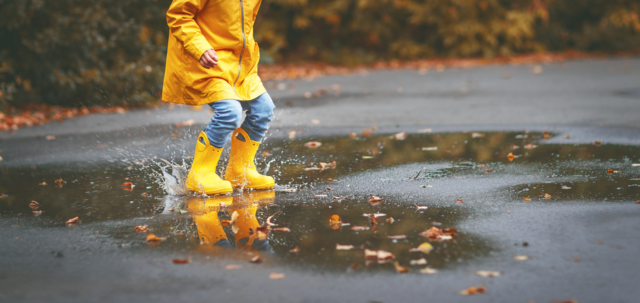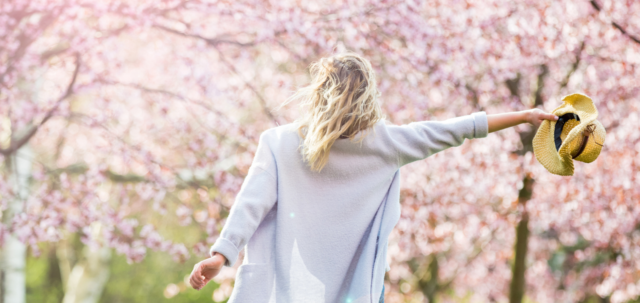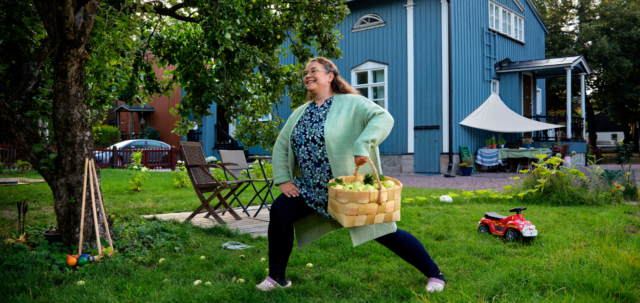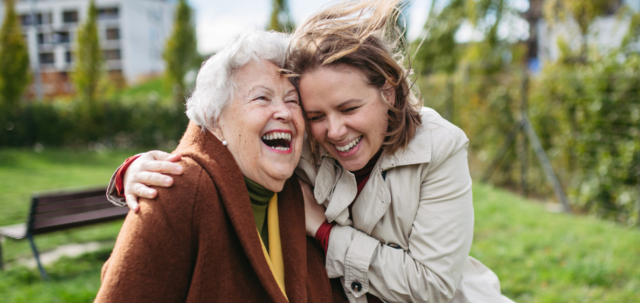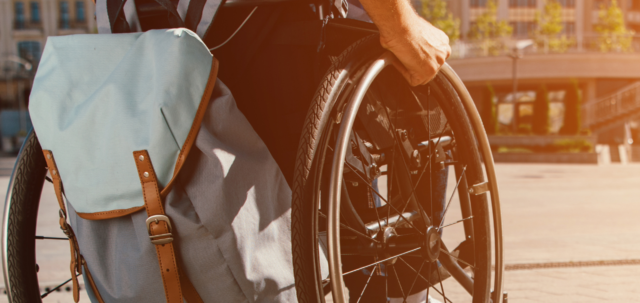For you – Movement brings energy to everyday life
When you’re working remotely, is the only walking you do from your desk to the kitchen? Do you have your shopping delivered to your door or perhaps have a robot vacuum cleaner do the cleaning at home? Maybe you can’t resist the urge to lie on the sofa and binge a whole series on your favourite streaming service? Does any of this this sound familiar to you? These days, we have more and more leisure time, but we are physically less active than ever before.
Adding physical activity to our daily lives often seems surprisingly difficult, even when we know that being active is good for us. Physical activity and fitness are incredibly important for human well-being, health and daily functioning.
Even a small amount of activity throughout the day gives us more energy. Start with small steps. Each one is a step in the right direction.
Immobility causes delayed symptoms in the body
Prolonged immobility damages our health over time. The delayed symptoms caused by immobility are tiny chain reactions that impair the functioning of the body, which then predisposes it to many long-term illnesses.
The average Finns spends more than nine hours a day lying or sitting down while awake.
However, even daily exercise cannot fully compensate for the negative effects of sitting and lying down for long periods of time. That’s why it is important to make sure you take active breaks and find your own way of staying physically active throughout the day.
Being physically active throughout life
Endurance and muscle strength decline steadily throughout adulthood. After the age of 40, balance, mobility, upper body muscle strength and body control decline.
Movement and exercise slow down the effects of ageing on the body – so it’s never too late to add more activity to your everyday life. Whether it’s walking, dancing or even gardening, there’s a way for each of us to be more active every day.
Just add some activity. You can decide what and how much. There’s no need to do what other people are doing – find your own way. Find activities that are comfortable for you.
Source: UKK Institute: Effects of physical activity
